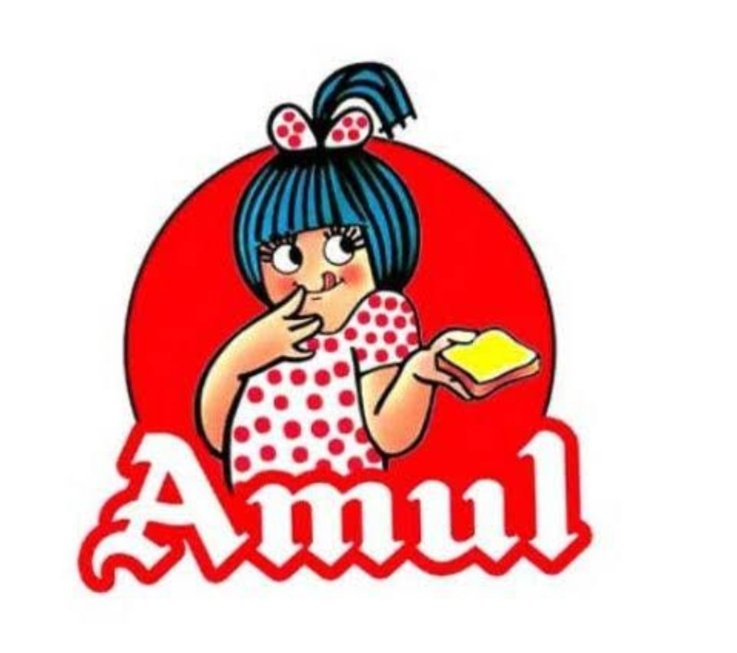Among the various forms of Intellectual property, trademarks are essential for protecting the unique identities of companies in a highly competitive market. Well-known trademarks, such as Apple’s iconic logo or McDonald’s golden arches, not only distinguish products but also build trust and recognition among consumers. Well-known trademarks serve as a guarantee of quality, to consumers that the goods or services associated with it meet specific standards. This recognition allows businesses to cultivate brand loyalty. Furthermore, a well-known trademark protects businesses by preventing others from using similar trademarks that could confuse consumers or dilute the business’s value.
Globally, trademark protection enhances international trade, by ensuring that a company’s trademark is safeguarded across borders. This cross-border protection, supported by international treaties like the Madrid Protocol, encourages businesses to explore new opportunities and expand their reach. Ultimately, a well-known trademark is a cornerstone that protects the brand identity, reputation, and commercial success of businesses, fostering innovation, competition, and economic growth.
Amul, founded in 1946 in Gujarat, India, is more than just a dairy brand, it’s a symbol of innovation and community empowerment. Established as a cooperative to challenge milk monopolies and uplift local dairy farmers, Amul has transformed from a small regional operation into a global dairy powerhouse. Known for its commitment to quality and affordability, Amul’s iconic products like butter, cheese, and ice cream have become household staples, not just in India but around the world. It’s clever advertising and deep-rooted connection to the community represents as a remarkable success story in the world of dairy.
This case between ‘AMUL’ and ‘AMULETI’, explores the legal nuances when, the parties, found themselves embroiled in a dispute over the similarity of their brand names, packaging, and overall presentation. Navigating the maze of cross-border trademark disputes and deceptive similarity demands more than just legal know-how, it requires a strategic edge. This case highlights the key aspects of trademark law, including the doctrines of passing off, cross-border trademark infringement, and deceptive similarity.
In the above mentioned case, the plaintiff, “Gujarat Cooperative Milk Marketing Federation Ltd & Anr”, which administers, a well-known dairy giant in India by the name ‘AMUL’, ranked eighth across the world with a turnover of a whopping ₹55,000 crores in the financial year 2023. This clearly emphasizes the extensive cross-border reputation and long-established use of the ‘AMUL’ trademark.
The conflict arose when the plaintiff in 2024, learnt about the defendant, “Terre Primitive & Ors”, which owns the Italian brand, ‘AMULETI’, which dealt with the marketing and distribution of cookies and chocolate-covered biscuits; had copied the design, and overall presentation of Amul’s logo with only adding “eti” as a suffix to create mere differentiation, resulting in a trademark infringement due to deceptive similarity.
In the Delhi High Court, the plaintiff contended that the defendant had unlawfully used a well-known and registered trademark to benefit from ‘AMUL’s reputation and goodwill, leading to Passing off. This dishonest use of the trademark is seen as misappropriation and wrongful enrichment by misleading consumers about the true origin of their products is intentionally engaging in false representation, causing grave injury to the trademark rights of the plaintiff and resulting in immense loss and damage to the business, further leading to cross- border trademark infringement. Defendant using the word “AMULETI” resembles with ‘AMUL’ is seen as deceptive branding, potentially confusing consumers into believing that AMULETI’s products are related to or endorsed by ‘AMUL’. This gives AMULETI an unfair advantage by leveraging AMUL’s well-established reputation to gain market share and recognition.
Therefore on September 9, 2024, Justice Mini Pushkarna issued an injunction order prohibiting the defendant from using, selling, marketing, advertising, promoting, or dealing with any marks or logos that are identical or deceptively similar to the plaintiff’s trademark ‘AMUL’. This restriction applies across physical markets, social media, e-commerce platforms, and any other online platforms. Furthermore, Meta’s involvement highlights the increasing role that digital platforms and social media companies play in the enforcement of intellectual property rights. Meta’s compliance with the court’s order to block the infringing company’s Facebook and Instagram accounts is a reflection of how seriously social media platforms are being drawn into legal battles over trademarks, especially as they have become critical tools for global marketing.
The case continues to evolve, with the next hearing scheduled for January 2025. This ongoing scrutiny reflects the broader implications of the case for international trademark law, particularly in how courts deal with cross-border trademark infringement in the digital age. The order passed by the Delhi High Court in favour of ‘AMUL’ is not only a legal win but also solidifies its trademark positioning globally and also delivers a strong message about the importance of protecting the identity and heritage of well-known trademarks against cross-border infringement. This case serves as a precedent that brands must be vigilant in protecting their intellectual property rights, particularly in an increasingly digital and interconnected global marketplace.
Authors: Saurojit Barua & Malvika Pandey

